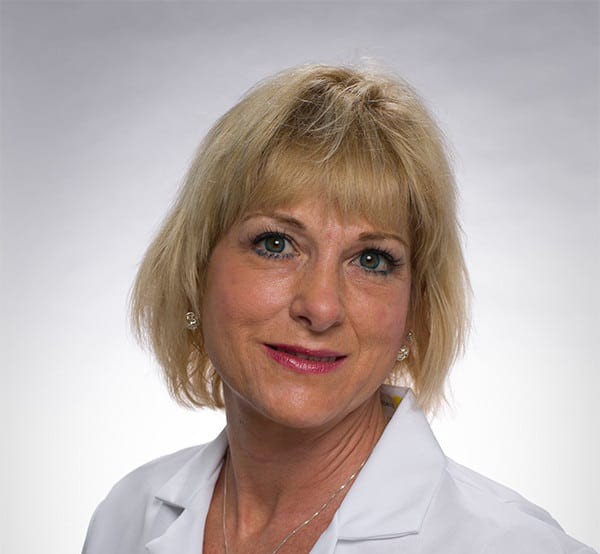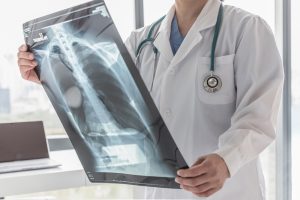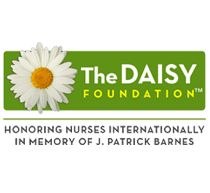
Advancements in Lung Cancer Treatment Provide Hope for RCCA Patients
A lung cancer diagnosis can be life-changing, bringing uncertainty and many questions about available treatments. At Regional Cancer Care Associates (RCCA), we understand the importance







